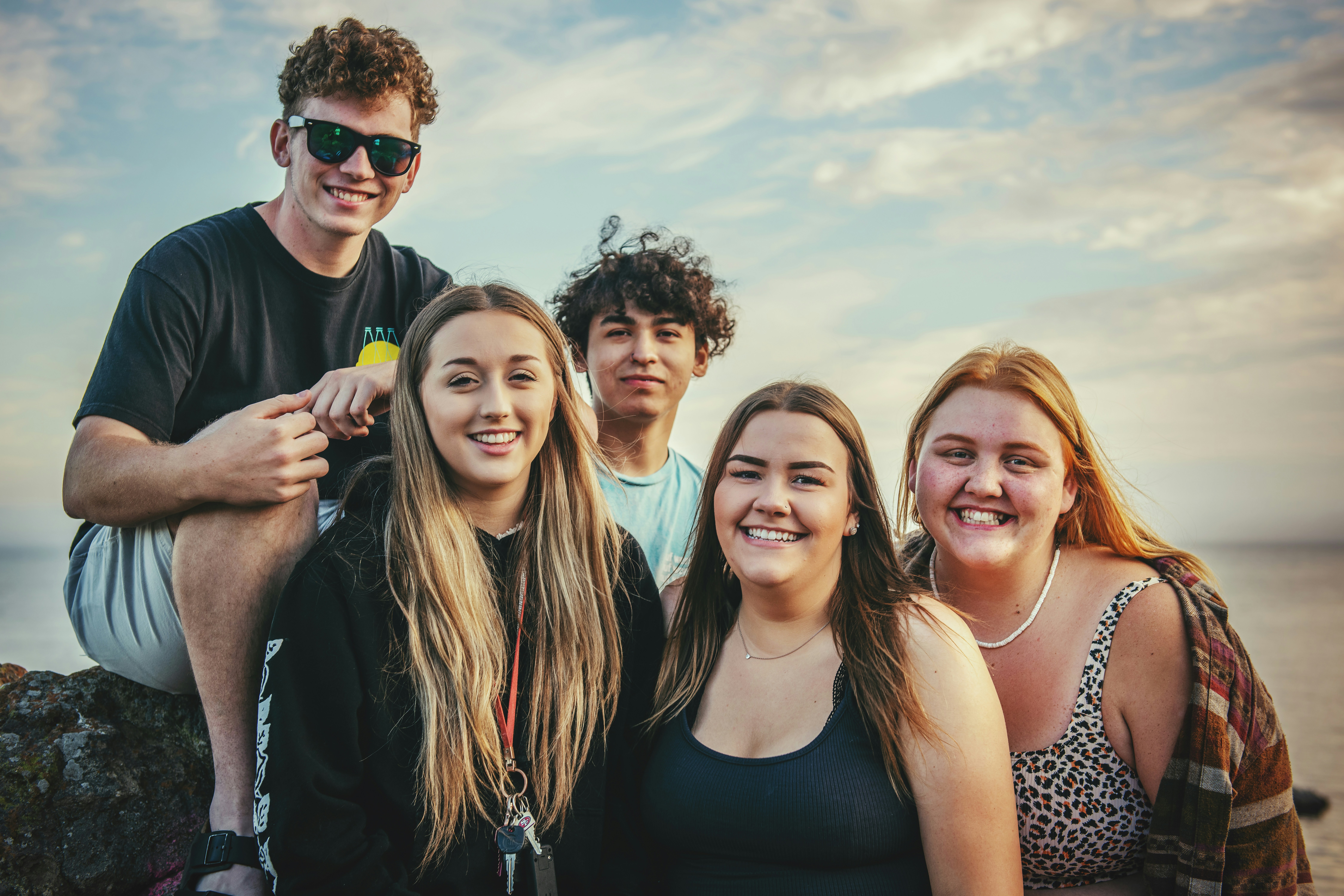
By Olivia Henry, The Australian Science Media Centre
While the health of young children has been improving in recent decades, the world’s teens and young adults risk being left behind, according to a report by Australian and international researchers.
The Lancet Commission on adolescent health and wellbeing has found our first generation of true digital natives are experiencing poor mental health, rising obesity rates, exposure to violence, and a life under the shadow of climate change.
It calls for improved investment in adolescent health, but also more targeted investment to tackle these specific challenges.
Professor Peter Azzopardi from MCRI and The Kids Research Institute, who is a Commission Member, told the AusSMC that by 2030, half the world's adolescents will be living in settings where they experience multi-burdens of disease.
And while adolescents make up 25% of the world’s population, only 2 cents of every dollar invested in developmental assistance in health goes to adolescent health.
“That's remarkable, when you think about [it],” he said.
Of this limited investment, Professor Azzopardi said the money isn't always going to areas of greatest need.
In particular, mental health is a really big issue but receives a very small proportion of investment.
"[It's] a real wake-up call that we need to invest, and we need to invest now," he said.
In addition to mental health, the Commission covered a range of other health issues facing young people today, including the commercialisation of health systems, increasing intake of ultra processed foods, which is linked to obesity and other health risks; the risks and benefits of social media and other internet use, and limited opportunities for young people despite increased education.
Climate change has also been identified as a ‘new and neglected’ driver of adolescent health.
But it’s not just about heatwaves. Professor Azzopardi said young people are experiencing climate anxiety, displacement from climate disasters, and rapid and unplanned urbanisation, which can lead to insecure housing and isolation from the community.
Climate-related disasters can also have knock-on effects on other preventative health services such as “provision of contraception, provision of HPV vaccination, education, sexual reproductive health education,” which are seen as non-essential and are often disrupted during disasters, as was seen during the COVID-19 pandemic.
So where do we start? While every country has its own challenges and priorities, Professor Azzopardi said mental health, overweight and obesity were some of the biggest impacts that are seen across the globe.
He added that we must continue investments in sexual and reproductive health and rights, especially in the wake of US funding cuts.
“As a result of current political events, a lot of funding in those areas has been dismantled, and so we do need to ensure that we aren't entering a world now where HIV and tuberculosis are out of control.”
But most of all, Professor Azzopardi said we need to be asking young people what they need.
“We need to listen to young people's voices, not just because they are best placed to inform on their needs, but also as well, because young people bring unique perspectives and skills,” he said.
“They see things in a very different way, and they can help build a better future for all of us.”
Read more on Scimex here.
This article originally appeared in Science Deadline, a weekly newsletter from the AusSMC. You are free to republish this story, in full, with appropriate credit.
Contact: Olivia Henry
Phone: +61 8 7120 8666
Email: info@smc.org.au